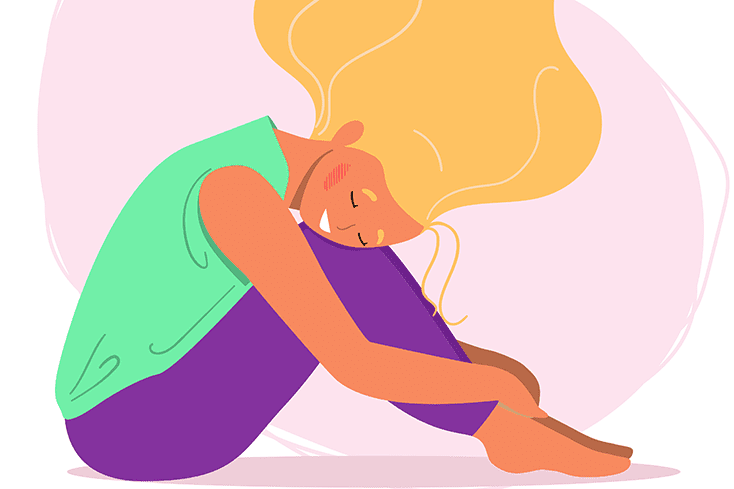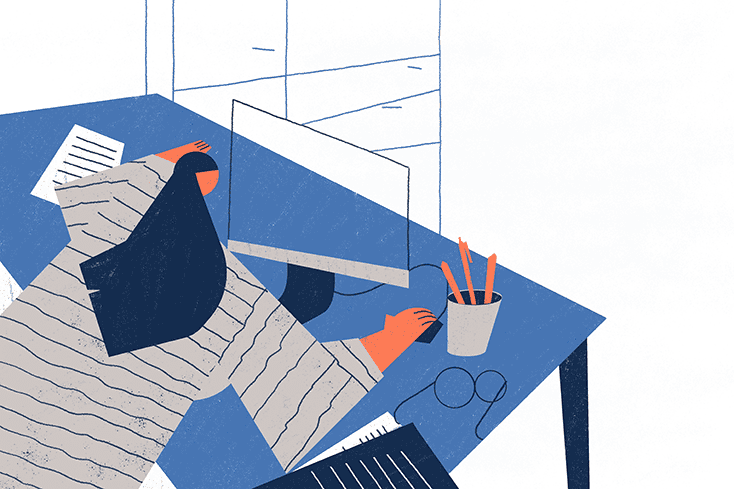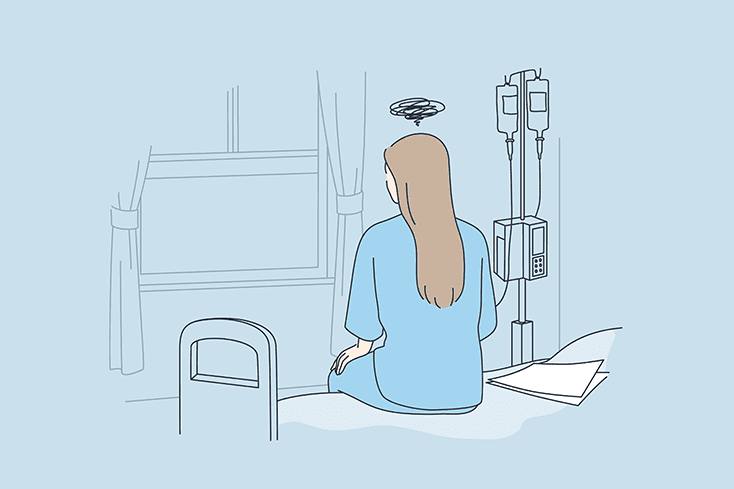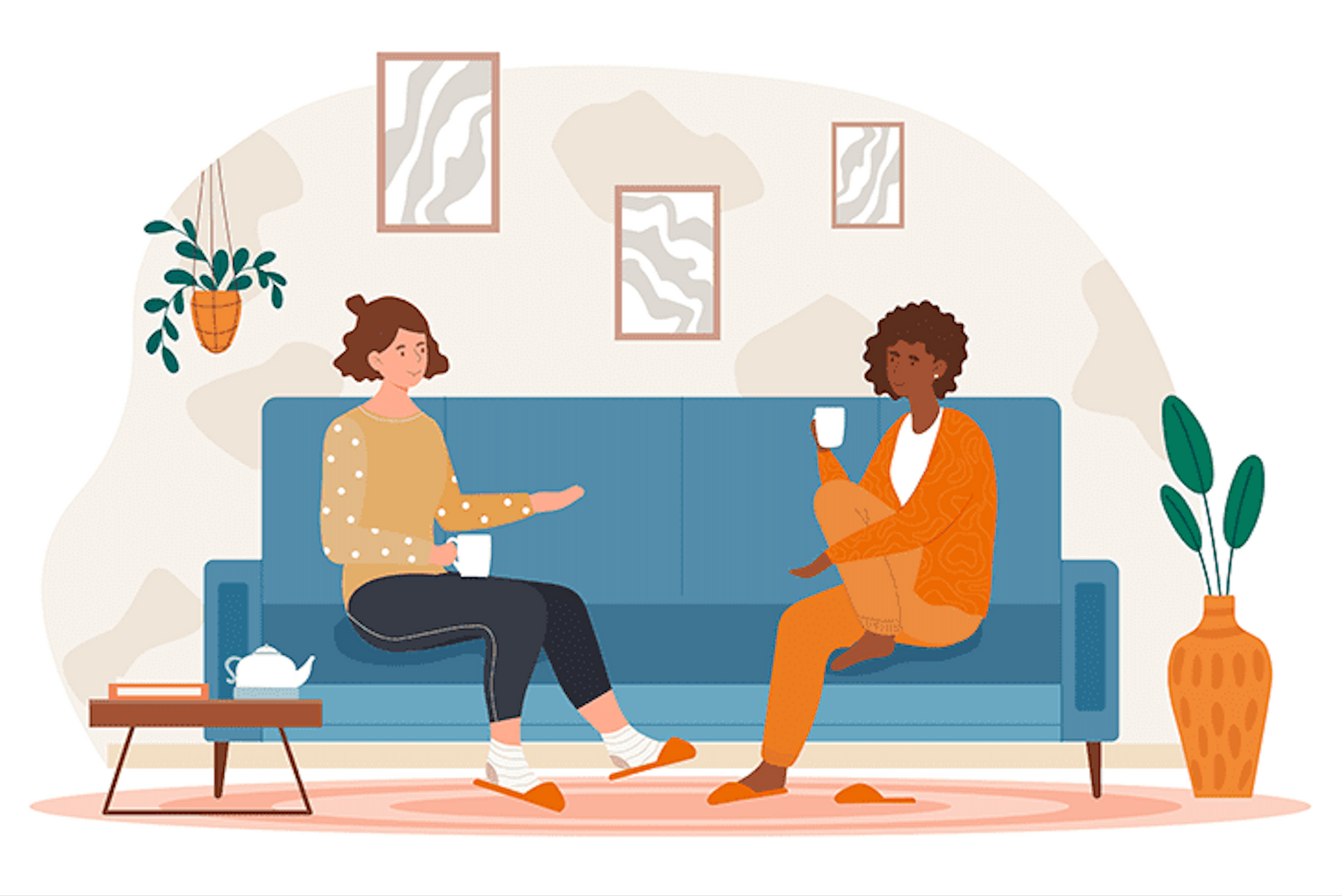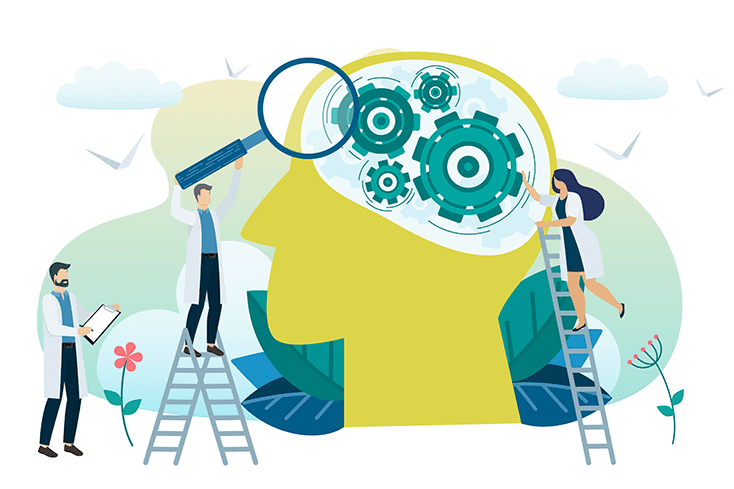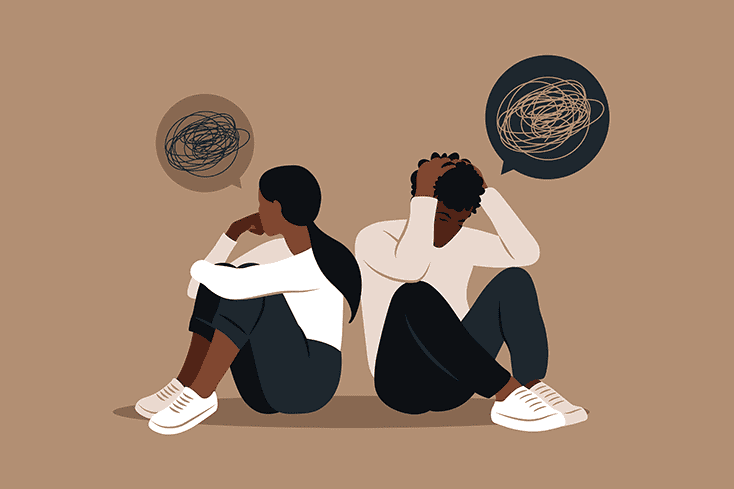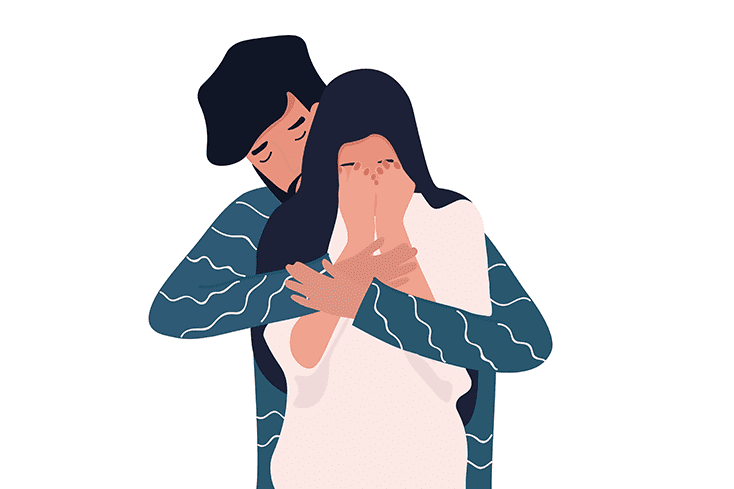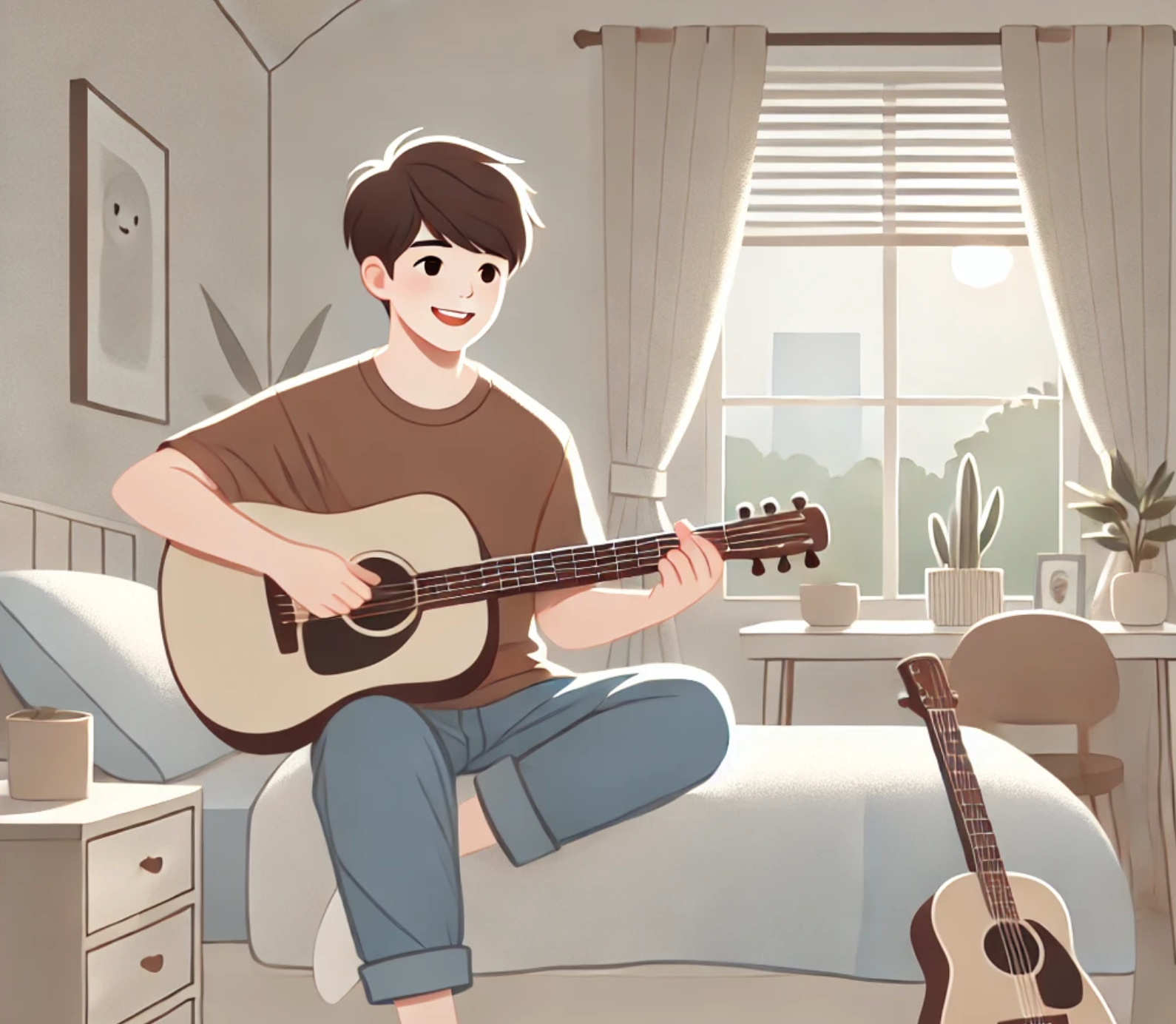學術界的歧視 | Discrimination in Academia
MHACC 雙語部落格 Bilingual Blog
Scroll down for the English Version ⬇️
作者:Joel Bates
原始來源:https://www.nami.org/education/discrimination-in-academia/
2021年10月25日
在經歷密集的大學申請過程中,我遇到了一個讓我從心底感覺不公平、也不道德的問題。
一位私人導師問我,是否可以在推薦信中提及我的心理健康困難。當時我很錯愕,又受制於申請程序,只能答應。然而,事後回想,我意識到自己當時其實沒有其他選擇。我需要這封推薦信,無法承擔拒絕的後果。
這種私人資訊的披露讓我感到很不安;我覺得在申請過程中將我的心理健康歷史作為一種但書,等於是預先警告大學:我曾有掙扎,出席率不佳,好像這一切都是我的錯。我的導師表示,他不希望給出一封會「誤導大學」的推薦信。不論導師的本意如何,這樣的做法對我來說仍然不對。
我不禁思考,如果一位因身體殘障而缺課的學生,也會被要求如此披露嗎?推薦人會在一封盛讚的推薦信結尾補上一句「這位學生坐輪椅,但他們很有心」嗎?我很懷疑。
質疑的重心
我有複雜性創傷與解離症狀,當症狀發作時,這些問題會大幅影響我達成學業要求的能力。在整個大學申請過程中,我覺得自己被要求向大學保證,我的心理健康不會影響我的學業表現。
但我認為,大學問錯了問題。
真正該問的不是「我要如何保護大學的利益?」,而是「我們該如何支持我們的學生?」
我正在攻讀心理學學位,希望將來幫助那些同樣經歷心理健康掙扎的人。事實上,許多心理健康領域的從業者本身也有心理健康困難,並因此投身這個行業,想要幫助他人。那麼,大學為何能如此冷酷地排斥那些因為生活經歷而學習受阻的人呢?
我相信,擁有親身經歷的人,有責任站出來挑戰學術界的「能力主義」(ableism),為所有人爭取公平與平等的機會。
有毒的文化
學術界內部有一種有害、甚至有毒的文化:對生產力提出極高要求,對教職員與學生都造成了傷害。與其他心理學學生的訪談中,我們談到了這種文化——學生被期待要產出高品質作品、同時應對多重截止日——對有心理疾病的人尤其不利。結果,「能力主義」被內化、被正常化,成為學術文化的一部分。
儘管大學在某種程度上加劇了學生心理健康惡化,他們仍然更關注「學生應該達成什麼標準」和「不達標的懲罰」,而不是如何在學生出現心理健康問題時提供真正的支持。此外,當學生尋求幫助時,資源往往有限且供不應求。
對診斷的過度依賴
在我的大學,支援的提供取決於個人是否有「醫學認可的」診斷。沒有正式診斷的學生,只能獲得如臨時心理諮詢、自助資源、線上講座、「福祉顧問」的協助,或是被轉介到校外的社區支持小組。但這些選項常常需要等待高達六週。
有醫學診斷的學生則可獲得殘疾補助金(由英國政府而非大學提供)和個人化的學習支持計劃。理論上,這些計劃可協助學生申請作業延期,但實際上講師並沒有義務遵守這些支持計劃。在我看來,這些支援措施遠不足以應對高等教育中學生對心理健康支持的迫切需求。
此外,許多有複雜心理健康問題的人,往往因為精神科醫師的長時間等候而數週、甚至數月無法取得正式診斷。我認為,如果大學以診斷狀態作為提供支持的標準,那麼他們就有責任提供充足的資源,讓每位學生能及時取得診斷。
忽視生活品質
心理健康服務——無論是校內還是校外——另一個問題在於判斷「誰值得獲得支持」的過時標準。DSM-5(精神疾病診斷與統計手冊第5版)要求,診斷需證明日常生活受到嚴重影響。然而,這種標準反而迫使個體必須走到崩潰邊緣,才會被當回事。
按照這個定義,只要我能勉強完成基本任務,我就會被視為「功能正常」,不需要支援。但被忽視的是生活品質。我相信,許多患有隱性障礙的學者,也只是勉強達成「最低標準」,表面看起來正常運作。教育與臨床評估的標準會說我們沒問題,但我們還有其他選擇嗎?
僅針對焦慮與憂鬱提供支援
對於有解離、創傷相關或精神病性問題的人來說,尋求支援尤其困難,因為大部分支援措施只針對焦慮或憂鬱設計。
我觀察到,「福祉顧問」對各種精神疾病、創傷影響,以及來自少數族裔學生所經歷的社會污名與歧視問題,普遍缺乏認識。向他們求助時,常得到的制式回應包括:
- 「你試過散步嗎?」
- 「是啊,焦慮真的很痛苦對吧?」
整體而言,這種校園心理健康支援的現狀讓人痛心。學生們必須為了生存而掙扎,為了獲得幫助而奮鬥,為了爭取合理的調整而抗爭。
學生應該得到更好的待遇。
我希望,有一天,不會有人再覺得申請學校時必須透露自己的健康資訊。我希望未來,每個有心理疾病的人,都能在得到充分支持與合理調整的情況下接受教育。我們不是負擔,我們值得被聽見、被鼓勵、被支持。
Joel Bates 是一位研究生與心理學及神經科學研究助理,同時也是一位業餘藝術家。你可以在 Instagram 上追蹤他的作品:@Noble_artt。
Written by: Joel Bates
Original Source Here: https://www.nami.org/education/discrimination-in-academia/
October 25 2021
While going through the intensive university application process, I came across an issue that I felt in my bones was not fair, nor ethical.
A personal tutor asked me if they were permitted to include my mental health difficulties in my reference letter. Taken aback, and at the mercy of the process, I said yes. However, upon reflection, I felt that I was not in a position to say anything else. I needed the reference, and I could not afford to say no.
This personal disclosure did not sit well with me; I felt that including my mental health history as a disclaimer in the application process amounted to forewarning universities of my struggles, and resulting poor attendance, as though it were my fault. My tutor did not want to give a reference that would “mislead a university.” Regardless of my tutor’s intentions, it still did not seem right.
I found myself wondering, would the same request ever be made of a student who had a physical disability causing them to miss classes? Would a potential reference write a glowing letter to conclude with “this student is in a wheelchair, but they mean well”? I doubt it.
Questionable Priorities
I have complex trauma and dissociative issues, both of which significantly interfere with my ability to meet academic expectations when my symptoms are flaring. Throughout my university application process, I felt I that I was being asked to assure universities that my mental health would not get in the way of my studies.
Ultimately, I felt that universities were asking the wrong question.
The question should not be “what can I do to protect my university’s interests?” Rather, universities should ask “what can we do to accommodate our students?”
I am a pursuing a degree in psychology, with the intention of helping others who have struggled with their mental health. In fact, many of the mental health industry’s staff and contributors have their own mental health challenges and reasons for wanting to enter this field and help others. So how can universities be so callous in dismissing people whose lived experiences interfere with their ability to pursue this education?
I believe those of us with lived experience owe it to ourselves and society to challenge “ableism” in academia and lead the way in advocating for fair and equitable opportunities for all.
A Toxic Culture
The harmful, and even toxic, cultural issues within academia place exceedingly high standards on productivity, to the detriment to staff and students alike. Interviews with fellow psychology students highlighted how this academic culture, in which students are expected to produce high-quality work while meeting multiple deadlines, becomes harmful for people with mental illness. As a result, ableism is internalized, normalized and becomes ingrained in the culture.
Despite being — at least in part — responsible for worsening students’ mental health, universities tend to focus more on what they expect from students (and enforcing the consequences of not meeting those expectations) than on how they can provide students with the right help if mental health issues arise. Furthermore, when students do seek help, this help is often limited and overstretched.
An Unnecessary Focus on Diagnoses
At my university, support varies based on whether a person has a “medically recognized” diagnosis. Support for people without a diagnosis includes drop-in therapy sessions, self-help resources, virtual workshops, “well-being” advisors and links to community projects outside of the university, such as support group sessions. These options, however, often had waiting lists of up to six weeks.
Those with medical diagnoses were entitled to a disability allowance (funded by the UK government, not universities), and personalized academic study support plans. While the support plans were designed to give students special consideration regarding assignment extension requests, lecturers were not actually obligated to adhere to the plans. These support options, in my view, do not match the desperate need for mental health support in higher education.
Additionally, many individuals dealing with complex mental health issues are often left without a diagnosis for weeks, if not months, due to the long wait times to see a psychiatrist. It is my view that if universities are to make stipulations around a person’s well-being based on their diagnostic status, then universities should step-up and adequately fund measures to ensure all students can receive such diagnoses in a timely manner.
Deprioritizing Quality of Life
Another issue with mental health services both within and outside universities are the outdated criteria for judging who is (and isn’t) deserving of support. The DSM-5 includes a caveat that disorders must create a significant disruption to everyday life. However, this is harmful as it almost sets up individuals onto a course of destruction for them to be taken seriously.
By this definition, I would be deemed fit to function, and not in need of support, because I manage to accomplish what I need to. What remains overlooked is quality of life. I am certain many academics with hidden disabilities manage to scrape by and tick the “necessary boxes” to meet minimum requirements. The standards represented by education and clinical assessment would say we are functioning. But I wonder, what other choice do we have?
Only Offering Help for Anxiety and Depression
Accessing available support is particularly complicated for people with dissociative, trauma-related and/or psychotic mental issues, as so much of the support offered is catered solely to anxiety or depression.
The available “well-being” staff, I observed, seemed to lack awareness of a variety of psychiatric problems or the impacts of trauma, or wider experiences of social stigma and discrimination that many students from minority backgrounds face. Boilerplate responses to requests for help included:
- “Have you tried taking a long walk?”
- “Oh yes, anxiety is horrible, isn’t it?”
All in all, this picture of mental health support at universities is an uncomfortable reminder of just how poor standards are for care in higher education. Students must fight to stay afloat, fight to get support and fight to get accommodations.
Students deserve better.
My hope is that, one day, no one will feel obligated to divulge their health information in any kind of application. I want to see a future in which anyone with mental illness can receive an education with the support and accommodations they need. We are not a burden, and we deserve to be heard, encouraged and supported.
Joel Bates is a graduate student and research assistant studying psychology and neuroscience. He is also an amateur artist; you can see his posts on Instagram at
@Noble_artt.
Sign up for our Newsletter
訂閱每月簡訊獲得最新資訊
Contact Us
